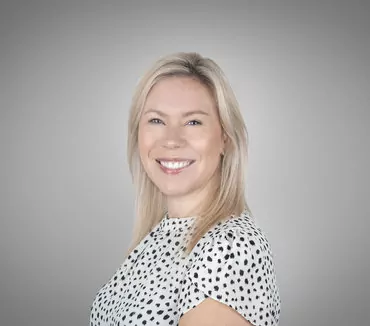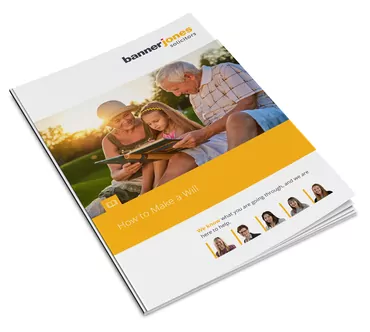What is a Will?
A Will is a document which allows you to decide how your money and property will be distributed after your death and who should deal with the administration of your estate.
To be valid, it must be signed by you and witnessed by two people. The witnesses must see you sign the Will and then sign it themselves.
Making a Will is commonly associated as something you do in later life however, in reality anyone over the age of 18 can have a Will and we would strongly recommend it to anyone with children. Wills are not for just sorting out finances and property in the event of your death, you can appoint guardians for your children and even leave money to your friends or a charity. Without a Will the government decides these things for you.
To help you get started, here are a few things you should think about when making a Will:
Your Estate
Make a list of everything you own that holds financial value and what it is worth (assets) e.g house, car, savings, investments, jewellery, a business and other personal possessions.
- Include any life insurance policies and pension assets (if not already assigned)
- Subtract any money you may owe on death, such as mortgages and loans (liabilities)
- Estimate how much your estate is likely to be (the difference between your assets and liabilities)
The Beneficiaries
Make a list of those whom you want to benefit, including names and addresses. This may include:
- Wider family and friends
- Who you’d like to be guardians for your children and seek their approval
- Gifts to any charities
- Who you DON’T want to benefit
Once you have all of this information you are ready to start drafting your Will.
Funeral Wishes
In your will, you can express your wishes about your funeral, like whether you want to be buried or cremated, where it should be held, and what type of service you want. But it’s important to know that these wishes aren’t legally binding. This means that the people dealing with your affairs after you die don’t have to follow them. However, most people do try to respect the wishes of the deceased as much as they can.
What if I don’t make a Will?
If you die without a valid Will the law will determine how your money and property is distributed. This will depend on many factors such as whether or not you are married or have children, and the value of your estate, but the result might not be what you want or expect.
For example:
- If you are married with children your spouse may have to share the estate with your children.
- If you die while your children are young they will inherit your estate on reaching 18.
- If you are not married your partner will not be entitled to anything.
- If you have lost touch with your closest relatives they will have to be found before the estate can be administered.
- If you have no close relatives your estate will go to the Crown.
When to Update Your Will
It’s a good idea to review your Will every few years, but you should definitely update it if your circumstances change. For example, if you get married or divorced, have a child, someone named in your Will dies, or if your financial situation changes significantly. This is to make sure that your Will reflects your current wishes and circumstances. If you don’t update it, your estate might not be distributed in the way you would have wanted.

- Director
- Solicitor
- Head of Wills & Probate


